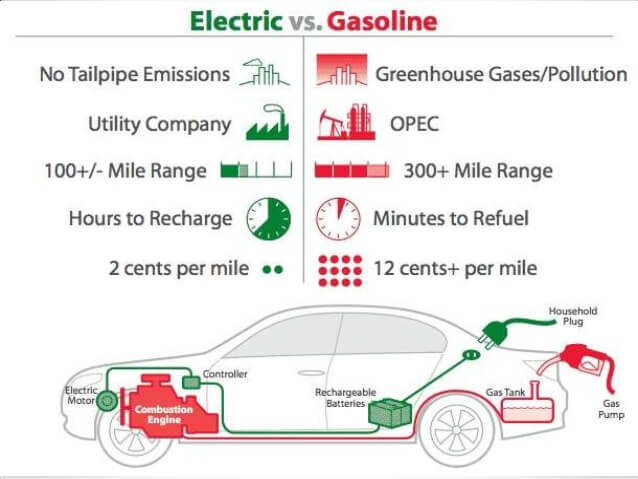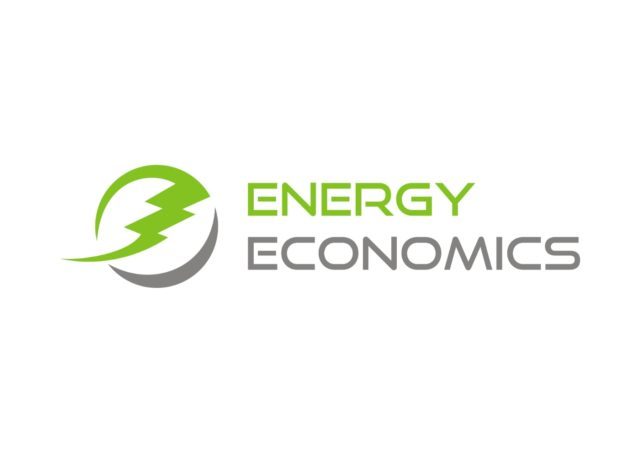In Costa Rica, the approval of the Law of Incentives and Promotion for the Electric Transport aroused a greater interest of the buyers for knowing and acquiring electric vehicles (EVs).
This Law offers a series of incentives for people to buy EVs. These vehicles have exonerations that range between 50% and 100% for sales, consumption, and customs taxes. EVs can use exclusive spaces for parking, will not be subject to vehicular restriction and will not have to pay parking meters.
Aside from that, EVs require less maintenance in relation to a fuel vehicle since they have different mechanics to those that operate with internal combustion engines. An internal combustion vehicle has 2,000 moving parts, and an electric one has only 20 pieces. So it is a much simpler, more reliable, and more economical technology at this moment.

The engine and the battery of an EV must last, on average, 16 years in the conditions that Costa Rica has, since we have a very narrow thermal differential between day and night; it prolongs the useful life of batteries and motors.
On the other hand, the INA graduated 108 mechanics specialized in electric and hybrid vehicles at the end of 2018, which makes it easier for the owners of these cars to find options for repair and maintenance.
Up to now, Costa Rica has 66 semi-fast charging points for EVs. This type of stations allows the battery to be charged in periods of 3 hours or more. Likewise, the Government recently announced the installation of 34 fast charging stations in different parts of the country during 2019.
The best part is that these charging stations will charge 80% of the EV batteries in less than 30 minutes.

